Some of you may have caught the news a few weeks ago that United MileagePlus, the loyalty program of United Airlines, would be making some significant changes for travel starting November 15, 2019. In particular:
-
There will no longer be a fixed award chart for MileagePlus awards on United
-
Instead, the mileage pricing for United flights will be dynamic, meaning that it will vary based on the demand, seasonality, and/or cash price
-
MileagePlus awards on partner airlines will remain the same for now, but no award chart will be published

There’s no way around it: these changes are overwhelmingly negative.
Sure, on balance, the dynamic award pricing might result in lower mileage requirements on certain dates and higher costs on other dates, but the mere act of changing the program to become less transparent (i.e., with the abolition of the award chart, it’s going to be harder for you to know how many miles you’ll need for a certain award) intrinsically reduces its value.
(And let’s not kid ourselves here, we’ll almost certainly see more increases than decreases in the mileage requirements for United flights.)
While United MileagePlus isn’t a program that too many Canadians would’ve been invested in, the natural question to ask here is how, if at all, these changes would impact Air Canada’s thinking in shaping the future of the Aeroplan program post-2020?

As we all know by now, Air Canada will be buying back the Aeroplan loyalty program from its parent company, Aimia Inc., on June 29, 2020, and will almost certainly be implementing significant changes sometime after that.
How likely is Air Canada to follow in United’s footsteps? What would be the implications for Canadian travellers and points collectors? What are some of the key lynchpins of the current Aeroplan program upon which we should pray Air Canada takes mercy?
I expect we’ll find out some of the answers soon, but until then, allow me to take this opportunity to provide some light commentary on the matter…
Will Air Canada Introduce Dynamic Pricing?
The first question is whether Air Canada is likely to follow in United’s footsteps in implementing dynamic award pricing, and I think we can all agree that the probability of this happening is pretty darn high.
First of all, if we observe North American loyalty programs over the last five years or so, we can generally tease out a big-picture trend of Delta taking the lead, American and United following suit, and then Air Canada sometimes following suit as well.
We saw this when, for example, minimum revenue requirements were introduced for elite members with all of the above airlines, eventually leading Air Canada to introduce the Altitude Qualifying Dollars (AQD) requirement for their Altitude elite program, in addition to flying enough miles or segments.
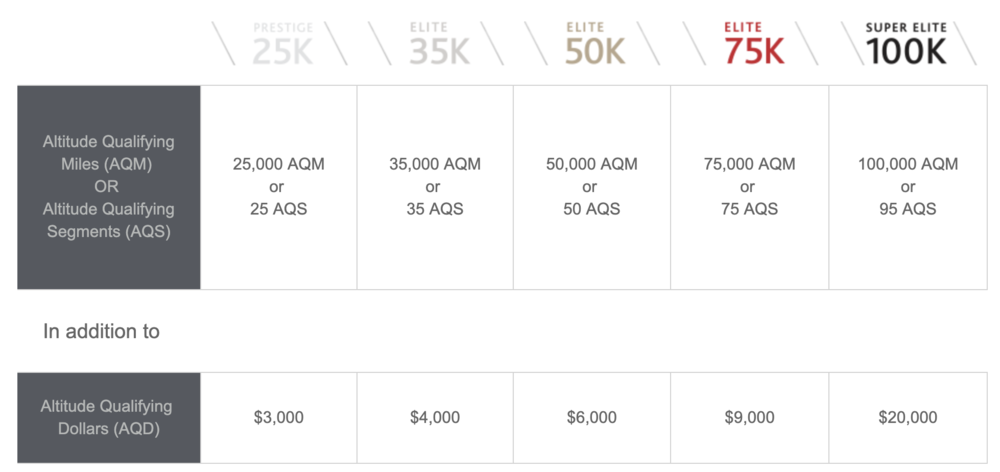
On the other hand, one area in which we haven’t seen Air Canada follow the example of the “US3” airlines is in adopting a revenue-based model for earning award miles on flights. With Delta, American, and United, the amount of miles you’ll earn from flying with the airline depends on how much you paid for the ticket, whereas Air Canada continues to use a distance-based model based on how far you fly, at least for now.
Now, with dynamic award pricing, Delta SkyMiles made the first move back in 2015, with the other airlines holding steady until now. With United acting to implement dynamic award pricing in November 2019, it seems likely that Air Canada might identify a natural opportunity in their 2020 Aeroplan handover to… erm, “enhance” the program by making it more “fair” and “appealing” to its loyal members.
This possibility is further compounded once you consider the fact that Aeroplan already has dynamic award pricing in place on Air Canada awards – that’s right, it’s called Aeroplan Market Fares.

The only reason that Market Fares don’t get talked about more often is that they present terrible value 95% of the time, and the rules-and-chart-based Classic Flight Rewards are most often the far better option.
But with Market Fares already in place, Air Canada wouldn’t have to work very hard at all to abolish Classic Flight Rewards and make Market Fares the primary redemption vehicle within the new loyalty program. And thanks to all the people out there who don’t understand how Aeroplan works, they would have all the PR fodder in the world to say stuff like “we’ve eliminated Classic Flight Rewards, as our members found them to be overly complex; now you can redeem your miles for any seat on any Air Canada flight!”
(No doubt accompanied by a picture of Aeroplan members who are beyond thrilled by the change…)

Bottom line? I wouldn’t be surprised at all if Air Canada implemented a full or partial dynamic redemption structure on Air Canada flights come June 2020. If I were a betting man, I’d place good money on it.
What About Partner Awards?
Okay, Air Canada awards might be subject to dynamic pricing. Whatever. Who cares?
We all know that redeeming Aeroplan miles for long-haul flights with Air Canada is going to be a pretty terrible deal thanks to the extortionate carrier-imposed surcharges that these awards come with. Sure, we can hope that these ridiculous surcharges will be addressed somewhat in the new program (don’t hold your breath), but if Air Canada awards are going to be dynamically priced, we can at least take comfort in the fact that they were never such a good deal to begin with.
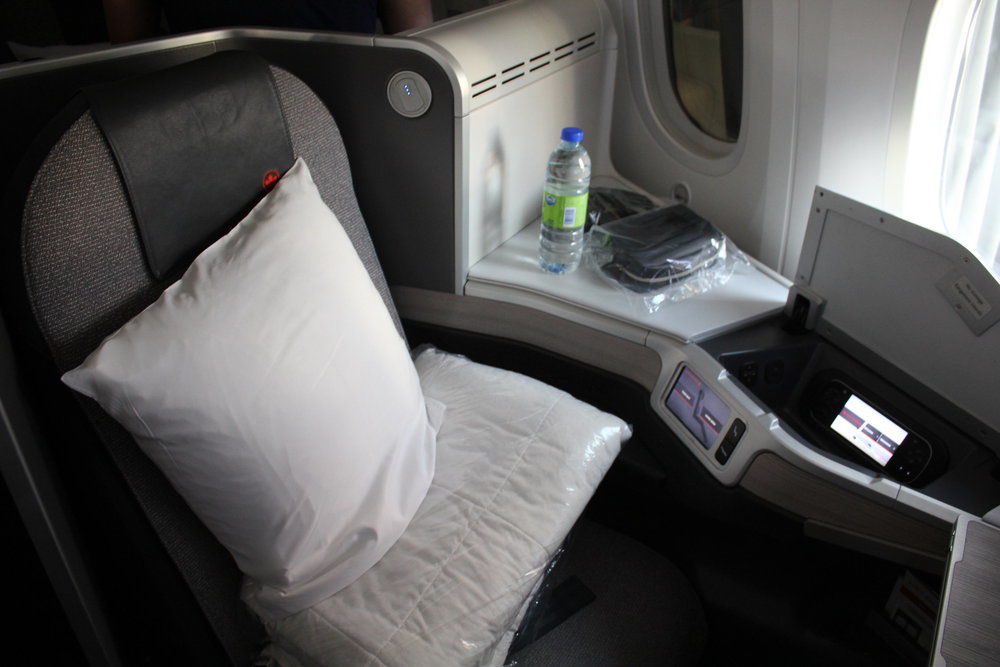
Air Canada business class
What carries more weight, however, is the matter of Star Alliance partner awards. Right now, the value in redeeming Aeroplan miles tends to be with these partner airlines, like EVA Air, ANA, Swiss, SAS, or Singapore Airlines in business class, or ANA or Lufthansa in First Class.
Many of these airlines don’t levy fuel surcharges; others do, but at a less egregious rate than Air Canada and while delivering a much better flight experience anyway.
Will these awards become dynamically priced? Probably not. You’ll notice that United MileagePlus won’t be implementing dynamic pricing on partner awards in November (granted, perhaps it’s gearing up to go dynamic on partner awards at some point in the future by no longer publishing the award chart).
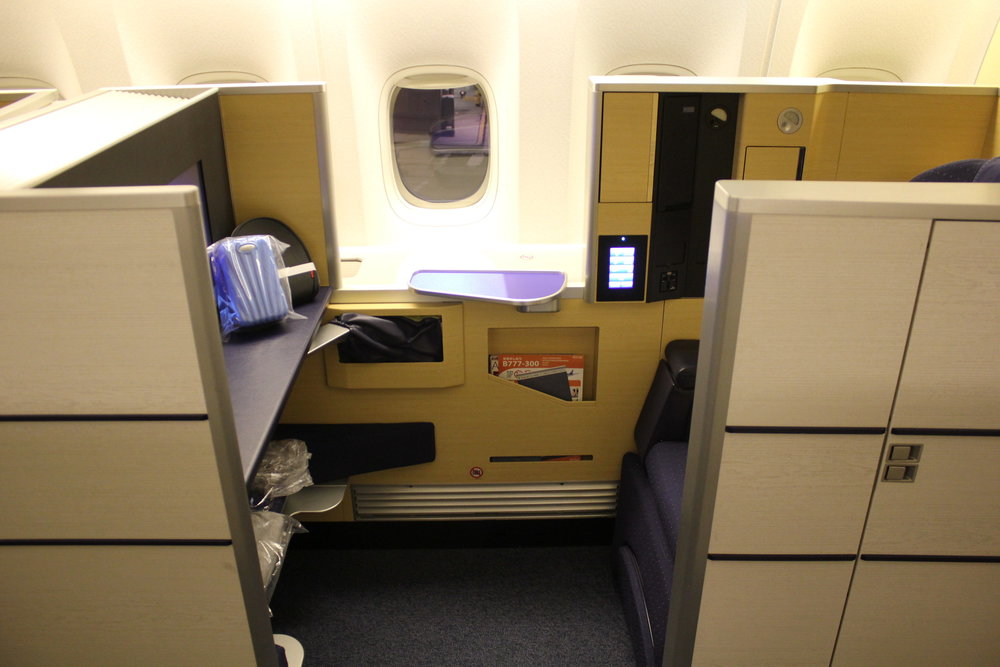
ANA First Class
From a technical perspective, dynamic pricing on partner awards is much more difficult to implement than on the airline’s own flights.
Air Canada can easily track the prices of its own flights in real-time and coordinate the mileage prices to display as some function of these prices, using a few simple lines of code.
However, tracking the prices of every single flight operated by a Star Alliance partner is a much more monumental task, and would probably require robust back-end communication systems among all Star Alliance members, the likes of which simply do not exist. And that’s to say nothing of awards involving multiple partners, awards with stopovers or long layovers, etc.
So broadly speaking, I think it’s unlikely that partner awards would be subject to dynamic pricing at the start of the new program.
However, I do think the Aeroplan Reward Chart will undergo some significant changes at the time of the transition, and unfortunately the mileage requirements would most likely increase from what they are now, simply because we haven’t had one of these award chart devaluations in a few years and, like I stated, this would be a natural opportunity.

And looking at United’s approach, we’d be lucky if we even get to see the new award chart, since Air Canada could well decide to make our lives more difficult by withholding valuable information and obscuring the award chart from public view.
Aeroplan Stopover Policies & Customized Routings
But even that isn’t my greatest concern.
As things stand at the moment, what makes Aeroplan head-and-shoulders above the other major North American loyalty programs is its generous stopover policies and routing rules, which are among some of the most consumer-friendly in the industry.
The general public loves to hate on Aeroplan, but this is what makes the program tick for those that take time to understand how it works. You don’t have to simply take whatever flights the search engine spits out; instead, you can construct your own itinerary and call the contact centre to book it, as long as you’re following a set of rather simple rules. And if you’re booking an intercontinental round-trip, you also get to make two stopovers of extended duration along the way.
These policies manifest themselves primarily in the form of spectacular trips like Aeroplan Mini-RTWs, but a more subtle outcome is that they allow you to sidestep the frustrations of Air Canada’s hefty fuel surcharges when that’s all the search engine shows you.
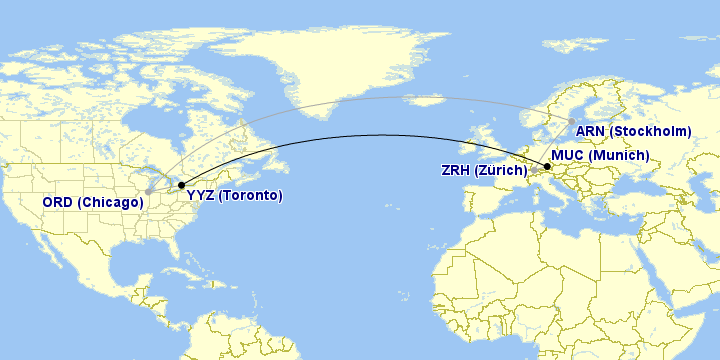
For example, when I wanted to go to Oktoberfest last year, the only flights that Aeroplan would show me between Toronto and Munich were on Air Canada, and I’d have to pay $500+ in surcharges.
So instead of doing that, I pieced together my own itinerary, stopping in Chicago for a few hours to indulge in the Polaris Lounge before crossing the Atlantic in the swanky surroundings of SAS business class instead. Fuel surcharges? $0.
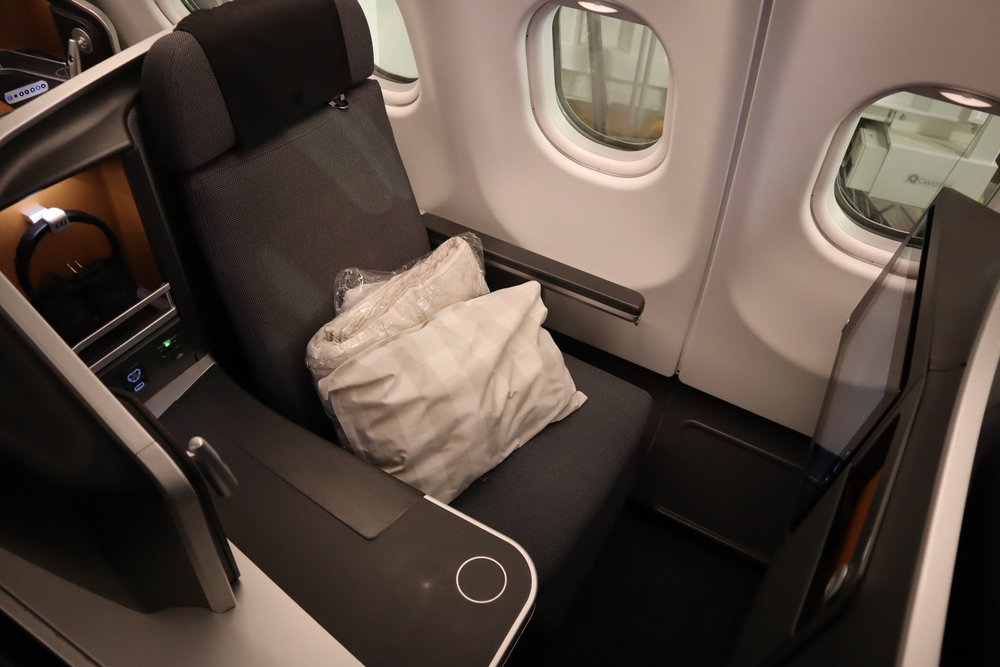
SAS business class
Indeed, Aeroplan’s outstanding stopover and routing policy is really something that we as Canadian points enthusiasts might take for granted. If we look south of the border, the “US3” all variously had more generous policies in the past, which they’ve since gradually throttled down to the standard party line of “whatever the computer gives you is what you get; anything else will require separate awards”.
Can you imagine if that’s what Aeroplan came up with in the new program? “Either pay $500+ in surcharges for this direct flight, or redeem separate awards to get down to Chicago and then to get over to Europe. There are no other options, since that’s what the computer says.” Shudder.
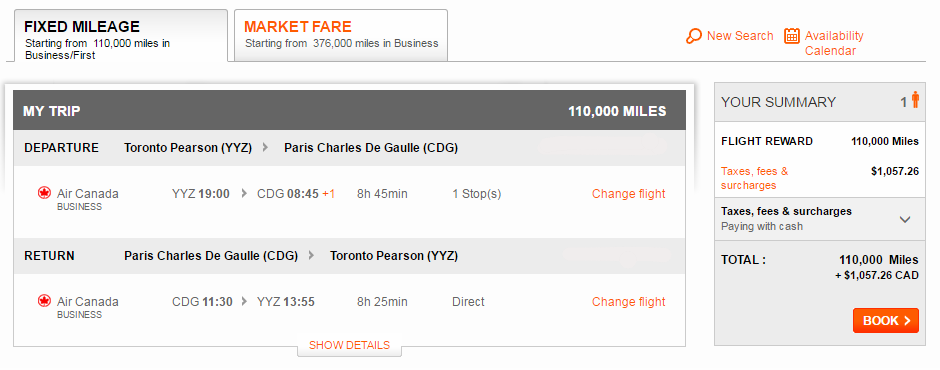
In some ways, United MileagePlus can almost get away with having a policy like this, because they don’t pass along fuel surcharges in the first place, meaning there isn’t really an incentive for travellers to build customized routings (besides those of us who are intentionally looking to push the boundaries, of course).
But if Aeroplan heads in this direction without addressing the ignominy of fuel surcharges on Air Canada, Lufthansa, and Austrian Airlines, then the value of the program will be slashed by a huge margin.
I have no doubt that the folks at Air Canada are carefully considering the stopover and routing policies of the new program at this very moment.
The way I see it, they have an opportunity here to advertise the Mini-RTW-style redemptions of the current era as a potential perk of the program – “use your Aeroplan miles towards unforgettable round-the-world trips!”, almost in the image of something like Marriott Bonvoy Moments – while knowing full well that the vast majority of Aeroplan members will never end up taking such trips.
However, I must admit that the most likely outcome is probably a tightening of the stopover and routing policies, which are currently very generous compared to many of Air Canada’s peers in the loyalty space. If this is indeed the path taken, Air Canada simply must simultaneously address the pain point of carrier-imposed surcharges if they want the new program to retain any semblance of value at all.
Conclusion
To recap my thoughts on the new Air Canada loyalty program, post-2020:
-
Air Canada will most likely follow in the footsteps of United MileagePlus and introduce dynamic pricing on Air Canada flights, similar to the current Aeroplan Market Fare Rewards
-
Air Canada will likely maintain access to Star Alliance partner awards at a fixed mileage rate, although these fixed rates might no longer be published in the form of an award chart
-
It’s anyone’s guess what will happen to the stopover and routing policies; obviously I’m hoping for the best, but I could see these being tightened up
-
I don’t think Air Canada will go the full distance of keeping hefty fuel surcharges and tightening the routing policies – either eliminate the surcharges altogether, or keep your cash-grabs but let the savvy folks work around it
I don’t think it’s all that helpful to speculate too much on things like this, so I look forward to hearing more news from Air Canada on the future of the Aeroplan program sometime later this year, and we’ll wait and see how it all pans out. One thing’s for sure, though: if you have any hopes at all of booking a spectacular trip like the Aeroplan Mini-RTW, now’s the time to be taking action!













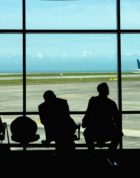

Ricky, the acquisition of Aeroplan by AC has already closed – the Aeroplan business is now owned by Air Canada. So in reality Air Canada could devalue the program before 2020 if they wanted too.
I’d be positively surprised if that happens. Devaluing the program in 2019 amidst all this uncertainty will only serve to alienate members further. The way I see it, now is the time for AC to pay lip service and make assurances, with any changes being implemented when the transition happens.
I take your point that they’re well within their rights to make changes at any time, though. There’s no guarantee on the June date either – AC’s website simply states that the program will be launching “in 2020”.
Today Aeroplan sent me a survey about my feelings about the plan and what I liked and disliked. Even though there could be improvements, I would be very happy if it stayed exactly like it is. I emphasized this in my reply. I pointed out that the award chart and the fixed mileage and the stopovers etc. were some of the good reasons for collecting their miles.
No change is the best change as far as I am concerned.
Good forward strategic thinking. I will be using up my miles prior to June 2020 methinks.
You thinking about converting some Bonvoy @ the 35% bonus to beef up your AP account, Ricky?
Ricky,
When is the last date to take advantage of current AE rules?
ie) When would the last window to book / redeem be?
Should I be aiming to book this fall for 2020 as a last one before the changes?
The consensus is that there won’t be any major changes before June 2020, and you can book before that for future travel (i.e., so you can book trips up to May-June 2021 under the current rules).
You could certainly book this fall for 2020 – but why "last one", and not "last two or three"? 🙂
Mariott Bonvoy Monent link needs to be fixed. Thanks for the article.
Thanks for catching that, fixed.